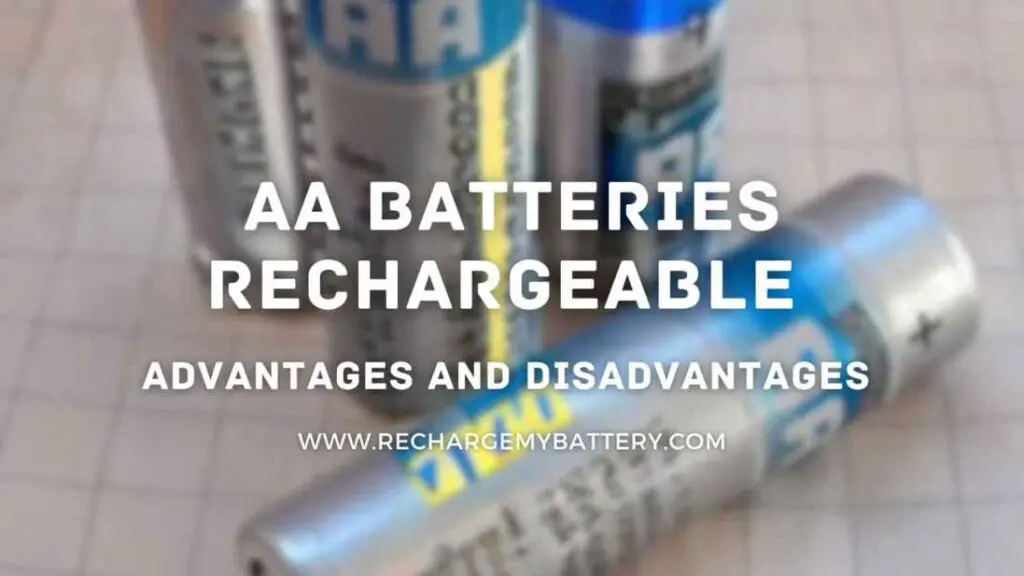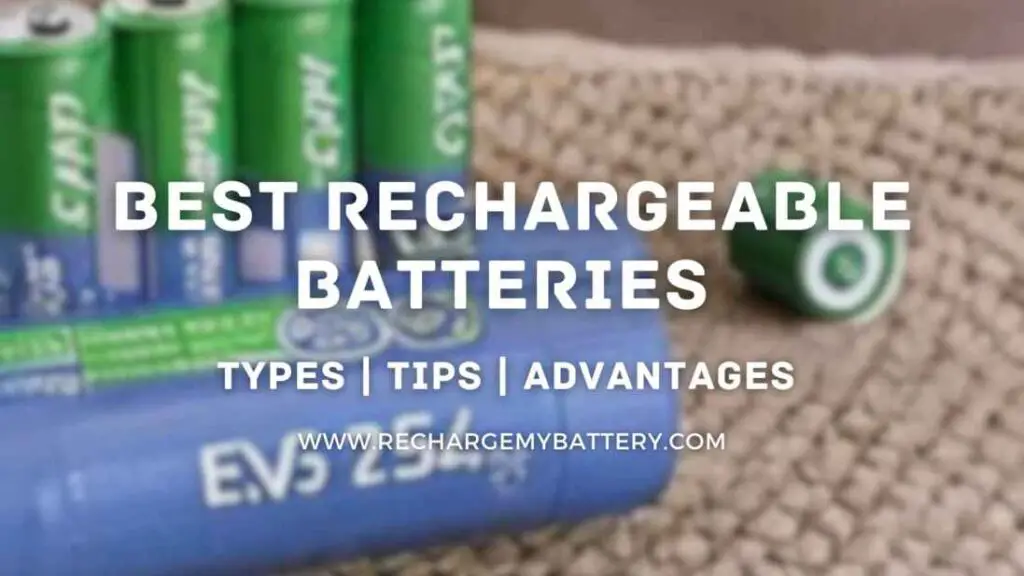Charging a 12V battery requires a specific voltage range to ensure safe and efficient charging. In this article, we will explore the voltage requirements for charging a 12V battery and provide insights on how to effectively charge it. Whether you are a beginner or an experienced enthusiast, understanding the right voltage for charging your battery is essential to prolong its lifespan and optimize its performance.
1. Introduction
When it comes to charging a 12V battery, it’s crucial to provide it with the correct voltage to ensure effective charging. The voltage requirement for a 12V battery depends on various factors, including its chemistry, temperature, and the charging method used.
2. Understanding Battery Voltage
Battery voltage refers to the electrical potential difference between the positive and negative terminals of the battery. It is a measure of the battery’s stored energy, and it determines the electrical pressure required to drive a current through a circuit. In the case of a 12V battery, it means that the potential difference between its terminals is 12 volts.
3. Ideal Charging Voltage for a 12V Battery
The ideal charging voltage for a 12V battery typically ranges between 13.8 and 14.4 volts. This range is commonly referred to as the “float voltage” or “trickle charge voltage.” It is important to note that different battery chemistries may have slightly different charging voltage requirements, so it’s essential to refer to the manufacturer’s specifications for your specific battery.
4. Factors Affecting Charging Voltage
Several factors can affect the charging voltage required for a 12V battery. These include temperature, battery chemistry, and the state of charge. As the battery temperature increases, the charging voltage should be adjusted accordingly. Similarly, different battery chemistries, such as lead-acid or lithium-ion, have specific voltage requirements. Additionally, the state of charge of the battery can also influence the charging voltage.
5. Different Charging Methods for 12V Batteries
There are various charging methods available for 12V batteries, including constant voltage charging, pulse charging, and multi-stage charging. Constant voltage charging is commonly used and involves supplying a constant voltage to the battery until it reaches a specific charge level.
Pulse charging, on the other hand, uses short pulses of higher voltage to remove sulfation and rejuvenate the battery. Multi-stage charging involves different charging phases, including bulk charging, absorption charging, and float charging, to ensure optimal charging and battery health.
6. Best Practices for Charging a 12V Battery
To ensure the best possible charging for your 12V battery, here are some important practices to follow:
6.1 Use a Suitable Charger
Select a charger specifically designed for 12V batteries and ensure it can provide the appropriate charging voltage range. Using the wrong charger can lead to undercharging or overcharging, both of which can negatively impact battery performance and longevity.
6.2 Follow Manufacturer Guidelines
Always refer to the manufacturer’s guidelines and specifications for your battery to determine the optimal charging voltage and charging method. This information is crucial for ensuring safe and efficient charging.
6.3 Monitor Charging Process
Regularly monitor the charging process to ensure the battery voltage remains within the recommended range. This can be done using a voltmeter or a battery monitor. If the voltage exceeds the specified range, take appropriate action to adjust the charging voltage.
6.4 Charge in a Suitable Environment
Charge your 12V battery in a well-ventilated area and away from flammable materials. Ensure proper ventilation to prevent the buildup of potentially explosive gases during charging.
7. Common Mistakes to Avoid
While charging a 12V battery, it’s important to avoid common mistakes that can hinder the charging process and harm the battery. Here are some mistakes to avoid:
- Overcharging the battery: Excessive voltage or prolonged charging can lead to battery damage, reduced performance, and even the risk of explosion.
- Undercharging the battery: Insufficient charging can result in reduced battery capacity and shortened lifespan.
- Using an incompatible charger: Using a charger with an incorrect voltage range or an incompatible charging method can cause damage to the battery.
- Ignoring manufacturer guidelines: Neglecting the manufacturer’s specifications and recommendations can lead to improper charging and potential damage to the battery.
8. Troubleshooting Charging Issues
If you encounter any issues while charging your 12V battery, here are some troubleshooting steps to consider:
- Check the charger – Ensure the charger is functioning correctly and providing the correct voltage.
- Inspect the battery connections – Make sure the battery terminals are clean and properly connected.
- Measure the battery voltage – Use a voltmeter to measure the battery voltage and compare it to the recommended charging voltage.
- Verify the charging method – Ensure you are using the appropriate charging method for your battery chemistry.
Conclusion
Charging a 12V battery requires providing it with the correct voltage to ensure safe and efficient charging. The ideal charging voltage for a 12V battery typically ranges between 13.8 and 14.4 volts. However, it is essential to refer to the manufacturer’s specifications for your specific battery. By following best practices and avoiding common mistakes, you can maximize the lifespan and performance of your 12V battery.
Thank you for reading this post.

